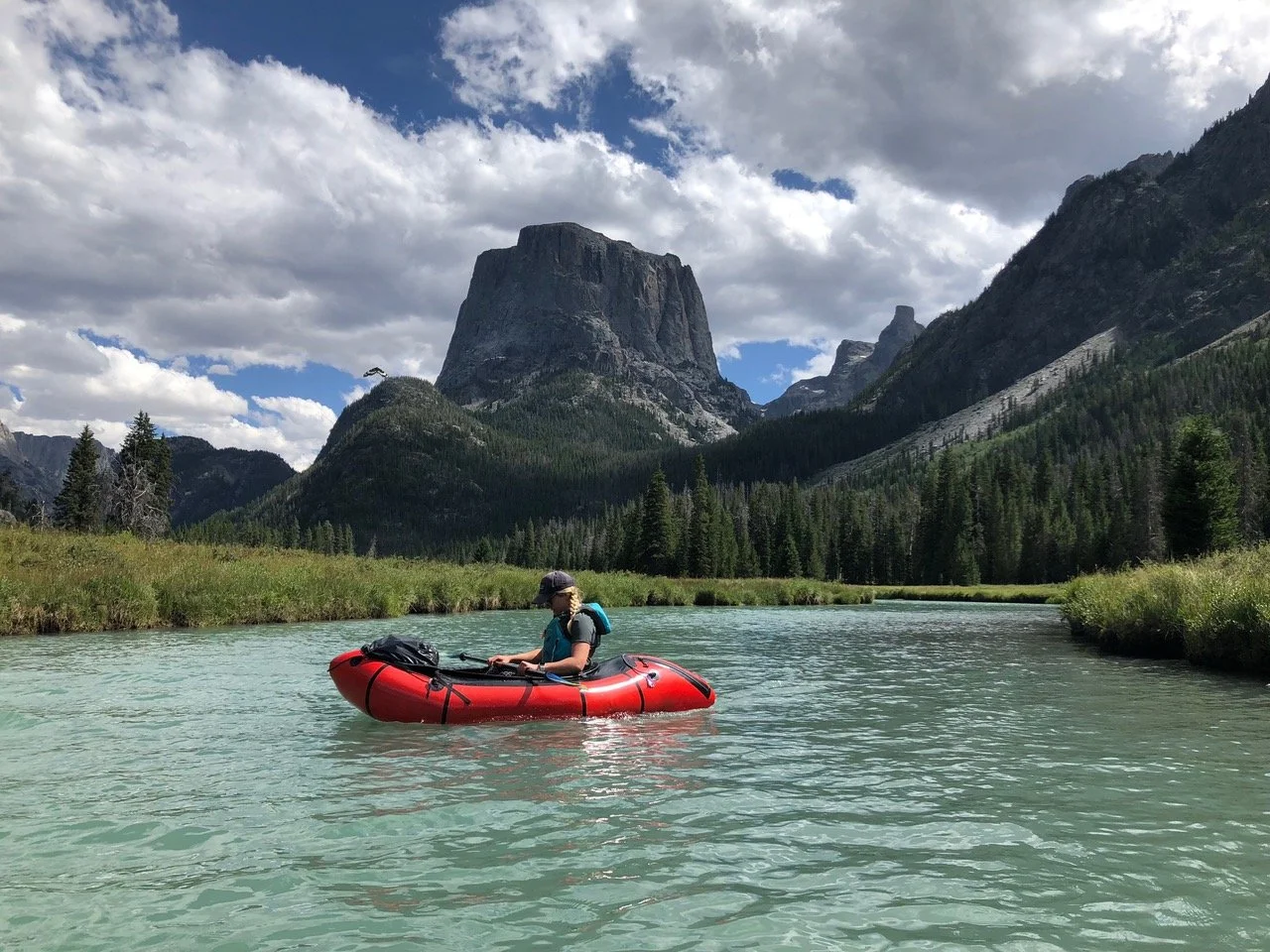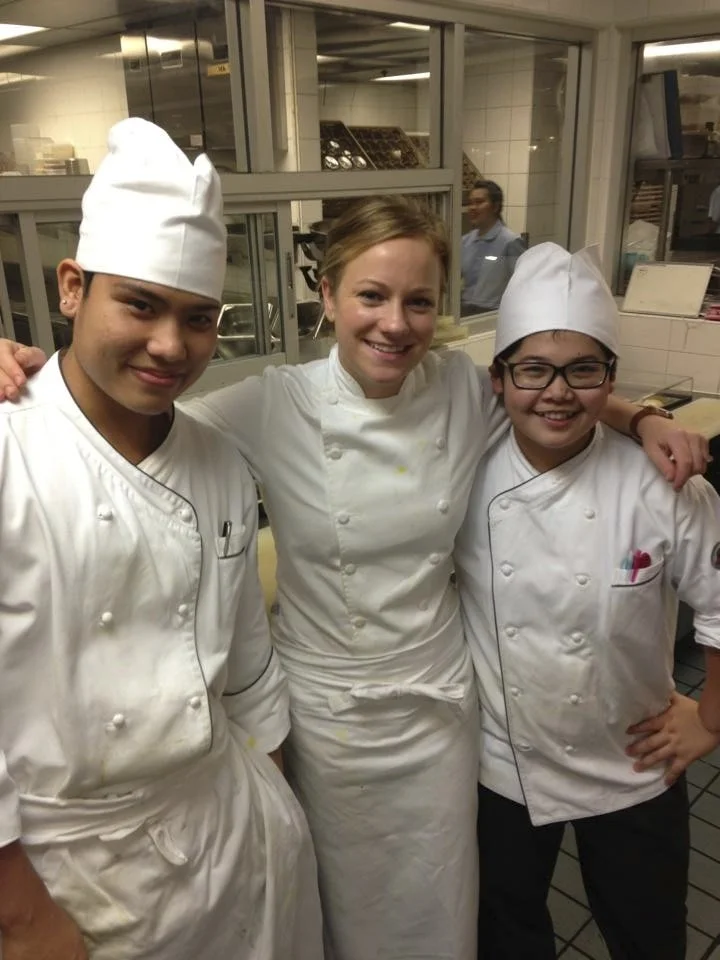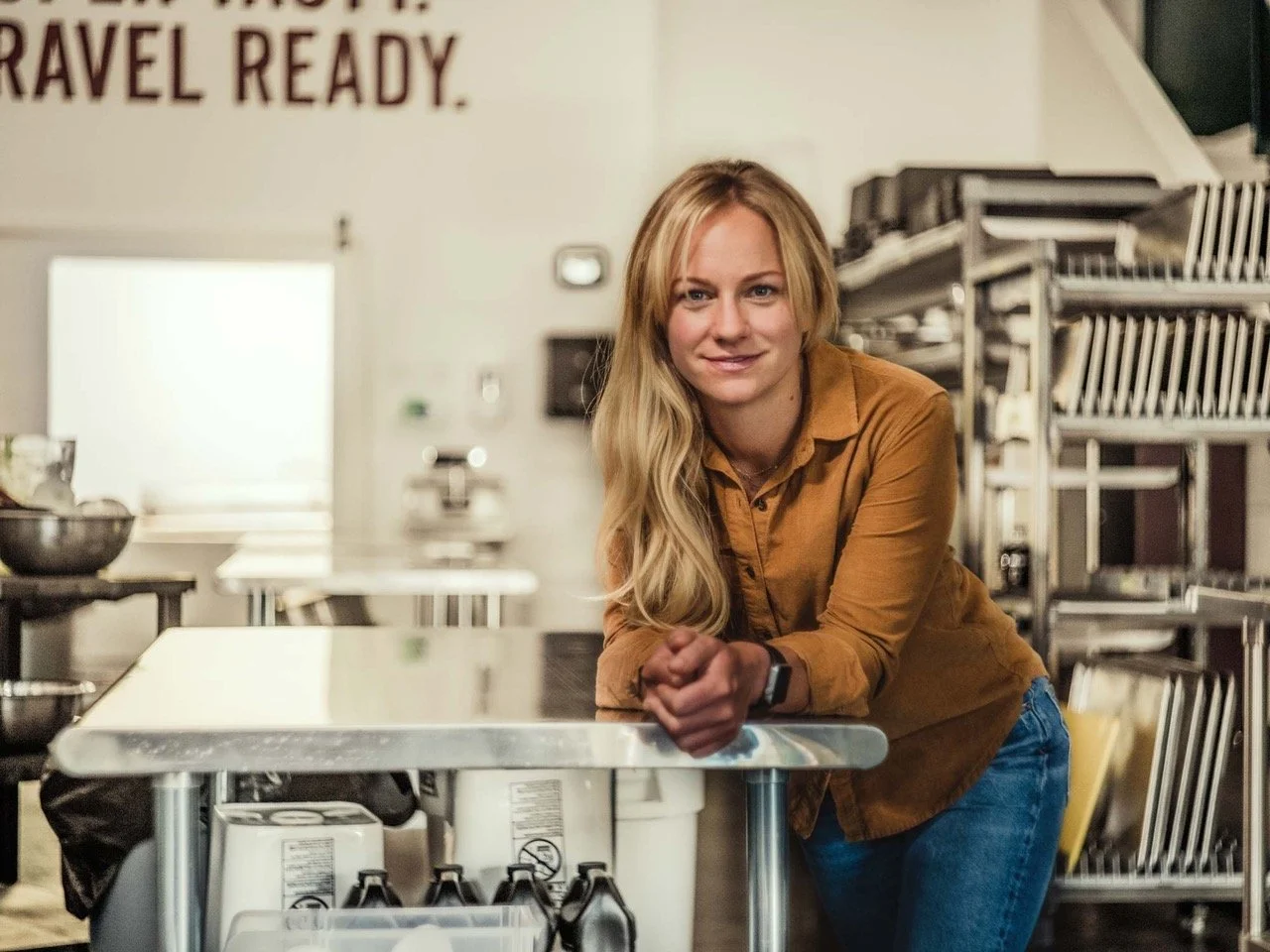My Conservation Story: Shannon Waters of Gastro Gnome
My first jobs were scooping ice cream and corralling kids as a camp counselor. Looking back, it’s not so surprising I ended up creating meals for the outdoors. But building Gastro Gnome has been a nonlinear path that included cooking for some of the country’s best restaurants and took me across the globe, working as a kitchen stagier in exchange for culinary knowledge. Amazingly, that road has led me here- changing what’s possible for outdoor food and making a commitment to protecting the places we explore.
Growing up, I didn’t really get down with the outdoors. I’d shot marshmallows in the duck pond and went along on fishing trips with my dad and brother to build the fire and fry the catch. But mostly, I was a rebellious, punk-rock-loving, kitchen dweller. I went to school in Chicago, earning a Bachelors in Economics. Upon graduating, I took an unpaid job as a prep cook, using what savings I’d had to “live” in a 100 sq. foot attic, a room where you couldn’t actually stand up. I’d eventually earn my keep in that kitchen, be deemed worthy of pay, and go on to earn a proper culinary degree in New York City, but it was my training at some of the nation’s best restaurants that really allowed me to hone my craft as a Chef.
Learning how to make any and everything ruled my world. It pushed me to work late into the night slinging pans as a line cook, just to roll out of bed two hours later, offering an unskilled hand helping to make perfect pasta, beautiful bread, and butcher pigs, chickens, and goats. The desire to understand ingredients brought me to farms and the people who worked on them. While I was learning an incredible amount about food, every aspect of my life suffered under the weight of 7 day work weeks and 15-18 hour days.
When stress began to buckle my mind and body, I crafted a new path with my skill sets, developing a business that opened restaurants for other dreamers. This brought me to Montana for a brewery opening and teaching position with MSU and The Gallatin College. I pressed pause on the rollercoaster of restaurant openings and dedicated time to undoing the threads of stress that had weaved into every corner of my being. I blew up a packraft that carried me into my first multi-day wilderness trip where freeze-dried food was a necessity. On all previous adventures, I’d insisted upon carrying a cast iron, marinated meats, and mise en place for cocktails. This trip couldn’t support that type of shenanigans, so a friend packed freeze-dried meals. When I took the first dissatisfying bite, I could feel the road shifting ahead. I sure as hell wasn’t about to start eating tasteless ingredients that I couldn’t pronounce in one of the most beautiful and natural places one could get to. Flavor and food are how I tell a story. It’s how I show someone that I deeply care about them. To experience food that communicated a stark lack of care for ingredients, flavor, and the people who will consume it absolutely stunned me and permanently altered my life’s path.
On the eve of Gastro Gnome’s 1 Year Anniversary, roughly four and a half years after that first freeze-dried experience, a stupid amount of persistence and rebellious nature combined with a deep passion for flavor has proven that it’s possible to change the status quo for backcountry meals.
And in this timely moment where nearly all mediums of outdoor exploration are seeing a boom in participation, I have to ask ‘how many of us are simultaneously opting to be stewards of that space?’
Our food is destined for the outdoors. It just makes sense to take steps to ensure that the very places that inspired Gastro Gnome to exist and the ones you love to explore are fiercely protected. What makes the outdoors and wildlife so special to me is that I knew a life of living in basements, attics, sprawling concrete jungles, and 18 hour days in kitchens before I cherished quiet experiences in the wilderness. Whether you found the sanctuary of wild places this year, or your grandparents introduced you to hunting decades ago, as land users, it’s our responsibility to own a part of the conservation efforts. I’m very proud to join a fantastic community of businesses and individuals who donate 2% of our time and sales towards protecting the spaces that provide so many of us that life-altering “spark.”




